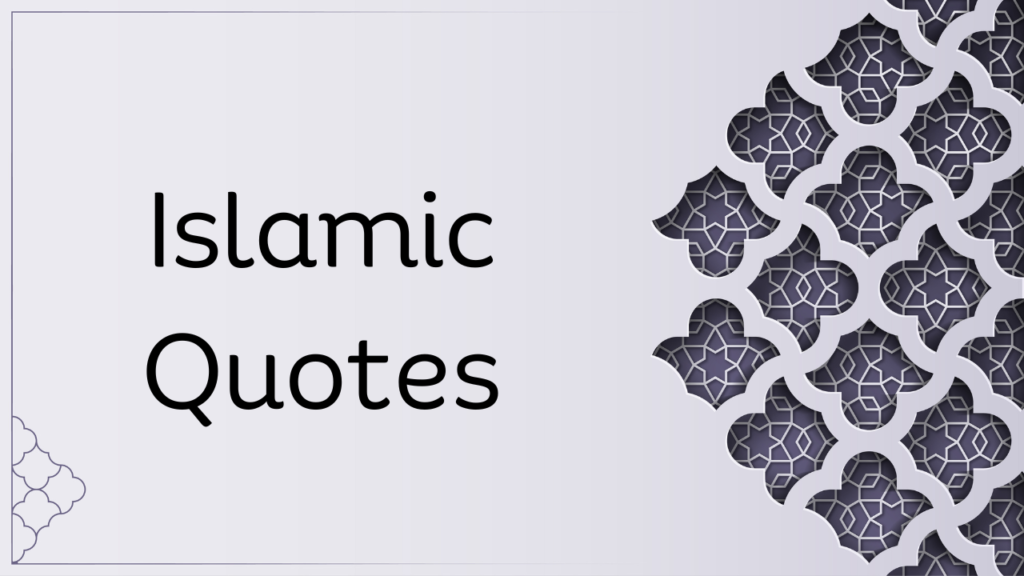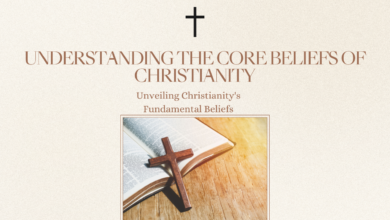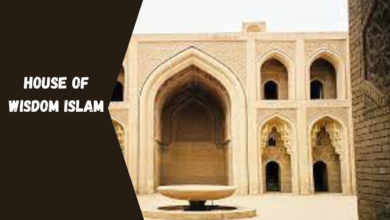Islamic Quotes
Navigating Life's Journey with Islamic Quotes: A Source of Profound Wisdom and Moral Guidance

Islamic Quotes
Islamic quotes are generally considered part of the public domain. However, always give proper credit to the original source when using them, especially if the source is a specific translation or interpretation.

Introduction
Islamic quotes, also known as Hadiths or Ayat from the Quran, are a treasure trove of spiritual and moral guidance for millions of people worldwide. These concise yet powerful statements are derived from the holy texts of Islam, the Quran, and the Hadiths, which contain the sayings and actions of Prophet Muhammad (peace be upon him). Islamic quotes encapsulate the essence of Islamic teachings and offer valuable insights into how to lead a righteous and fulfilling life. In this article, we will explore the profound wisdom contained in Islamic quotes and their significance in the lives of Muslims and people of all backgrounds.
The Quran: A Source of Divine Guidance
The Quran, the holy book of Islam, is the primary source of Islamic quotes. It is believed by Muslims to be the literal word of God, revealed to the Prophet Muhammad over a period of 23 years. Within its pages, the Quran is replete with verses that cover a wide array of topics, including morality, ethics, spirituality, and guidance for daily life.
One of the most famous Islamic quotes from the Quran is the verse, “To Allah we belong, and to Him we shall return” (Quran 2:156). This quote offers solace in times of hardship and loss, reminding individuals of the impermanence of life and the ultimate return to God.
The Hadiths: The Sayings and Actions of the Prophet
In addition to the Quran, the Hadiths, which are collections of the sayings and actions of Prophet Muhammad, serve as an invaluable source of guidance for Muslims. These quotes provide a deeper understanding of the Quranic teachings and offer practical insights for various aspects of life.
For instance, the Prophet Muhammad said, “The strong man is not the one who can wrestle, but the strong man is the one who can control himself when he is angry.” This Hadith underscores the importance of self-control and emotional intelligence, virtues that are highly regarded in Islam.
Also Check
- Why don’t Muslims eat pork?
- Is Beef Halal?
- Is Music Haram?
- How tall is Jesus?
- What is Jesus real name?
Ethical and Moral Principles
Islamic quotes often emphasize the importance of ethics and morality in daily life. They serve as a reminder to act justly, show compassion, and uphold the highest standards of character. One well-known Islamic quote states, “Do not be people without minds of your own, saying that if others treat you well, you will treat them well, and that if they do wrong, you will do wrong. But (instead) accustom yourselves to do good if people do good and not to do wrong if they do evil.”
Humility and Gratitude
Islamic quotes frequently highlight the virtues of humility and gratitude. Humility is exemplified by the quote, “Whoever does not show mercy to the people, Allah will not show mercy to him.” This teaches Muslims the importance of empathy and kindness towards others.
Gratitude is another recurring theme in Islamic quotes, as it is emphasized that all blessings come from Allah. The Quranic verse, “If you are grateful, I will surely increase your favor; but if you deny, indeed, My punishment is severe” (Quran 14:7), reminds individuals to be thankful for the blessings they receive and to acknowledge God’s role in their lives.
The Path to Inner Peace
Islamic quotes also offer insights into achieving inner peace and contentment. The quote, “The believer is not he who eats his fill while his neighbor is hungry,” underscores the importance of empathy, social justice, and charity.
In conclusion, Islamic quotes are not only a source of spiritual guidance for Muslims but also a wellspring of wisdom that can resonate with people from all walks of life. They encompass a wide range of topics, from faith and morality to humility and gratitude, and provide a roadmap for leading a righteous and fulfilling life. By exploring these quotes, individuals can gain a deeper understanding of the rich tapestry of Islamic teachings and draw inspiration for their own personal and spiritual growth.

Frequently Asked Questions (FAQs) about Islamic Quotes
What are Islamic quotes?
Islamic quotes are generally considered part of the public domain. However, always give proper credit to the original source when using them, especially if the source is a specific translation or interpretation.
Are Islamic quotes only from the Quran and Hadith?
No, Islamic quotes can also come from the writings and speeches of Islamic scholars and thinkers. While the Quran and Hadith hold the highest authority, other sources are also used to inspire and guide.
Why are Islamic quotes important?
Islamic quotes serve as a source of wisdom, guidance, and inspiration for Muslims. They offer insights into faith, morality, and daily life, helping individuals stay connected to their religion and maintain strong values.
Can anyone use Islamic quotes, or are they meant only for Muslims?
Islamic quotes are not exclusive to Muslims. They contain valuable ethical and moral teachings that can be appreciated and applied by people from all backgrounds, regardless of their faith.
Are there specific guidelines for using Islamic quotes in various contexts?
Yes, it’s important to use Islamic quotes with respect and sensitivity. They should not be taken out of context to promote harmful or incorrect ideas. Always ensure proper attribution and understanding of the context in which the quote was given.
Where can I find authentic Islamic quotes?
Authentic Islamic quotes can be found in the Quran, Hadith collections, books by renowned Islamic scholars, and reliable online sources dedicated to Islamic teachings and literature.
What are some common themes in Islamic quotes?
Common themes in Islamic quotes include faith, prayer, charity, kindness, patience, humility, gratitude, and seeking knowledge. These themes reflect the core values of Islam.
Can I use Islamic quotes for social media or personal inspiration?
Yes, you can use Islamic quotes on social media or for personal inspiration. Many people share them to inspire and uplift themselves and others. Just be respectful and accurate in your use of these quotes.
Do Islamic quotes have to be in Arabic, or can they be in other languages?
Islamic quotes are often found in Arabic, but they can be translated into other languages for a broader audience. The accuracy and authenticity of the translation are essential for conveying the intended meaning.
Are there any copyright restrictions when using Islamic quotes?
Islamic quotes are generally considered part of the public domain. However, always give proper credit to the original source when using them, especially if the source is a specific translation or interpretation.






